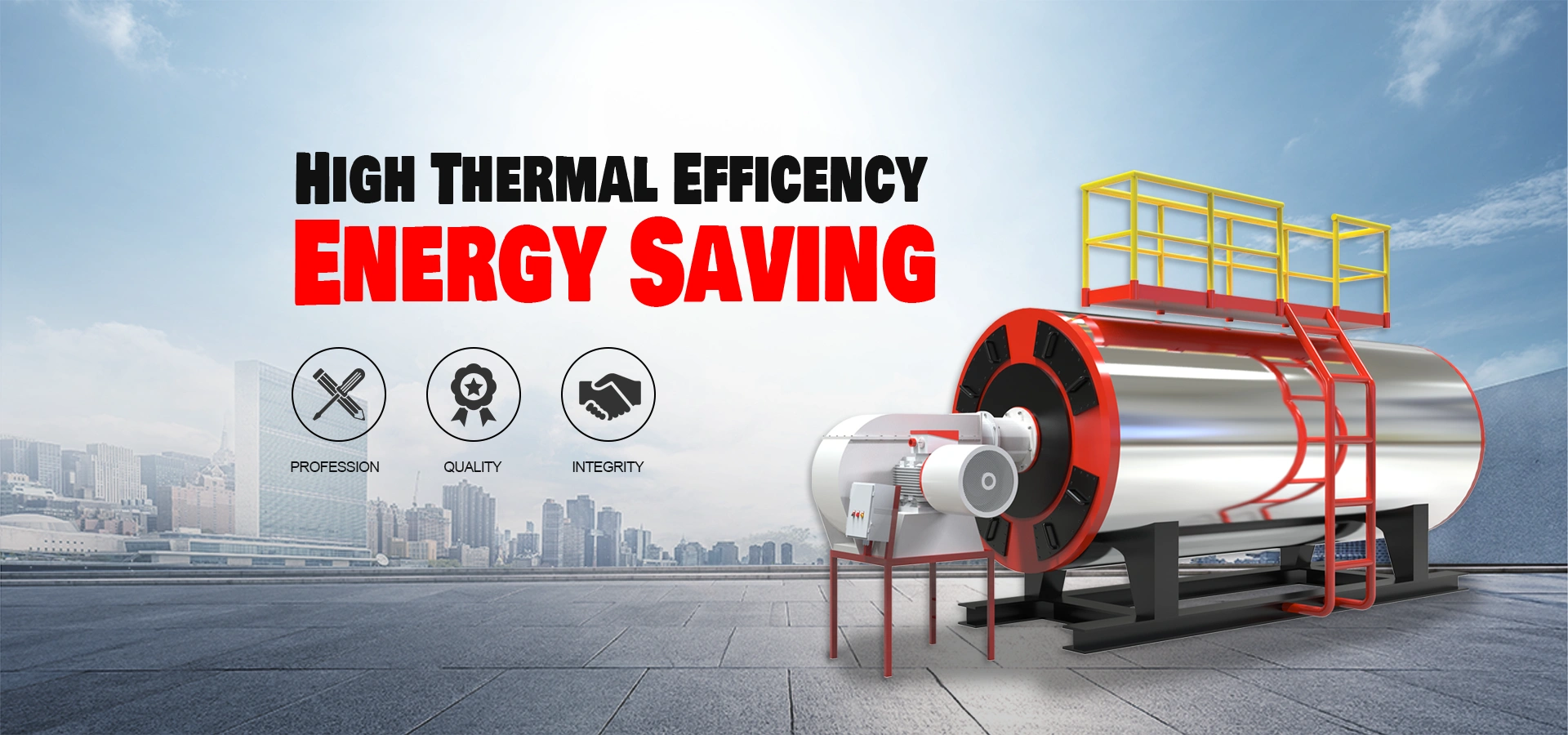
Oct . 17, 2024 04:31 Back to list
thermic oil boiler
Understanding Thermic Oil Boilers Efficiency and Applications
Thermic oil boilers are an essential component in various industrial applications where heat transfer fluids are required. Unlike traditional water-based boilers, thermic oil boilers operate using oil as the medium for heat transfer, enabling them to achieve higher temperatures without the pressure risks associated with steam. This unique feature makes them particularly valuable in sectors such as chemical processing, food production, and textiles.
A thermic oil boiler works by circulating heated oil through a system of pipes and equipment. The oil is heated in a furnace, where it absorbs energy from the combustion of fuel, such as natural gas, propane, or heavy oil. Once heated, the thermic oil circulates through a heat exchanger, transferring its thermal energy to the process fluids or equipment, which require heating.
One of the primary advantages of using thermic oil boilers is their ability to provide stable and consistent temperature control
. Since the oil can withstand temperatures up to 300°C (572°F) or more, it allows for precise heating in processes that require strict temperature management. This is particularly useful in industries such as food processing, where maintaining the integrity of products is critical.thermic oil boiler

Moreover, thermic oil systems have a lower risk of thermal shock compared to steam systems. This characteristic reduces the potential for damage to equipment and products, making thermic oil boilers a safer choice for many operations. Additionally, the closed-loop system of thermic oil results in lower emissions and energy loss, enhancing overall efficiency.
Thermic oil boilers are also designed for easy maintenance. Regular inspections and minimal downtime are key benefits, as the systems are typically constructed with fewer components than traditional boilers. This simplicity not only reduces operational costs but also extends the lifespan of the equipment.
In terms of environmental impact, many modern thermic oil boilers are designed with energy efficiency in mind. They can be integrated with heating recovery systems, which capture exhaust heat and reuse it within the process, further decreasing fuel consumption.
In conclusion, thermic oil boilers offer a reliable, efficient, and flexible heating solution for various industrial processes. Their ability to operate at high temperatures without the associated risks of steam systems makes them an attractive choice for many sectors. As industries continue to prioritize efficiency and sustainability, the role of thermic oil boilers is likely to expand, paving the way for innovative applications and improved energy practices.
-
Oil Fired Hot Water Boilers Sale - High Efficiency & Affordable
NewsJul.31,2025
-
High-Efficiency Commercial Oil Fired Steam Boiler for Industry
NewsJul.30,2025
-
High-Efficiency Biomass Fired Thermal Oil Boiler Solutions
NewsJul.30,2025
-
High Efficiency Gas Fired Thermal Oil Boiler for Industrial Heating
NewsJul.29,2025
-
High-Efficiency Gas Fired Hot Water Boiler for Sale – Reliable & Affordable
NewsJul.29,2025
-
High Efficiency Biomass Fired Hot Water Boiler for Industrial and Commercial Use
NewsJul.29,2025
Related PRODUCTS






















